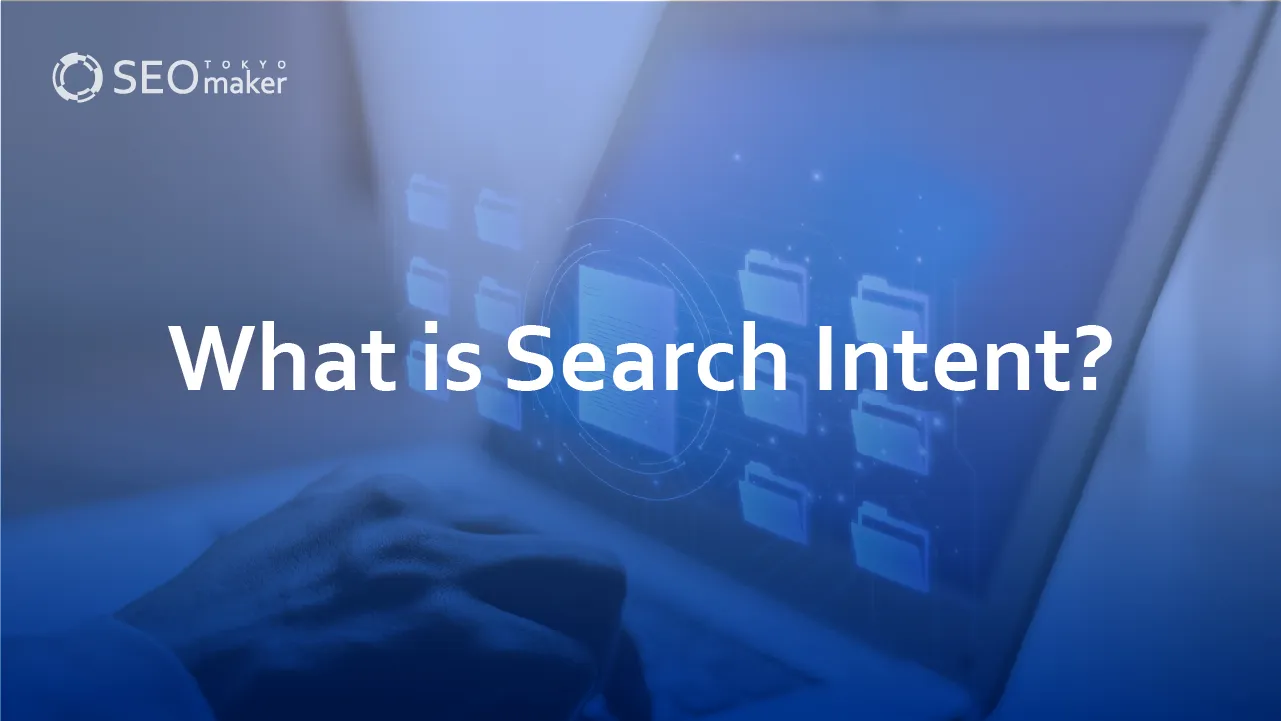What is the Helpful Content System? Explaining Updates and Strategies
contents
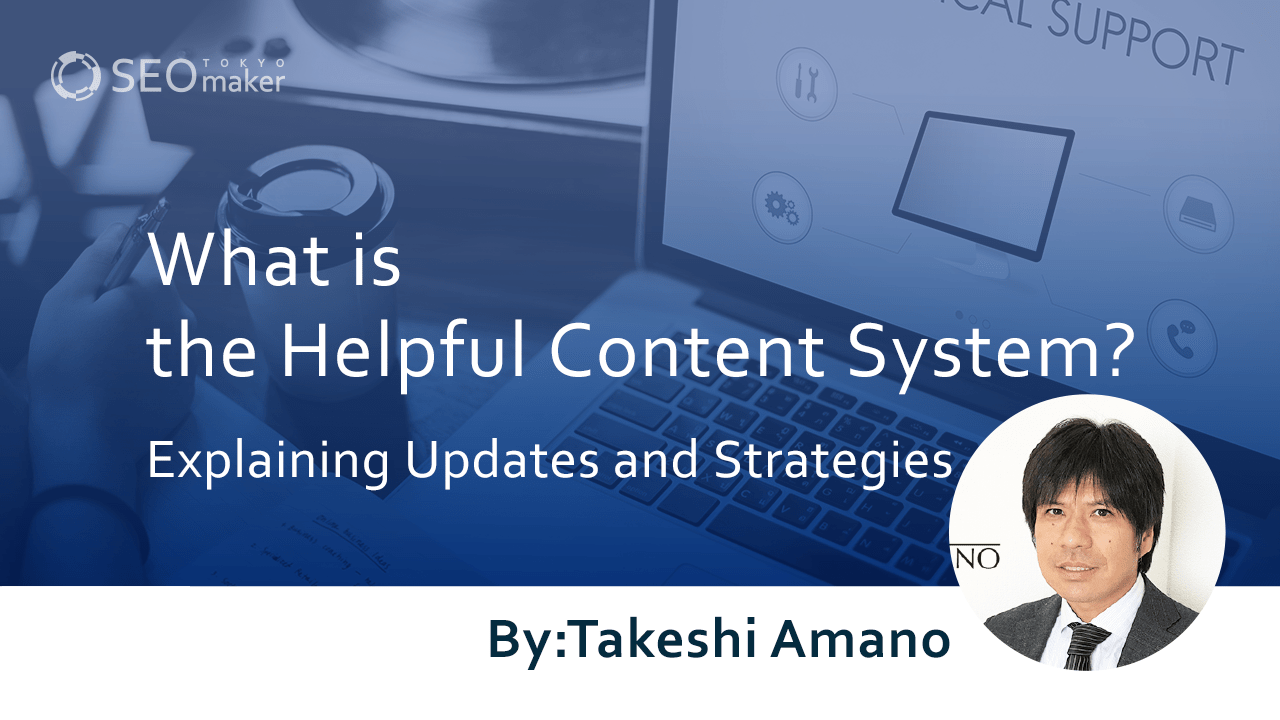 In September 2023, an update to the Helpful Content System, which many web managers have been paying attention to, was implemented. You might be wondering what exactly this change entails and how to respond to it.
In September 2023, an update to the Helpful Content System, which many web managers have been paying attention to, was implemented. You might be wondering what exactly this change entails and how to respond to it.
Therefore, this time we will clearly explain everything from the basics of the Helpful Content System to the latest updates, and specific responses when ratings drop.
What is the Helpful Content System?
The Helpful Content System (HCS) is a mechanism by Google to make search results more user-friendly and beneficial. Specifically, it prioritizes websites that provide high-quality, useful information for users, rather than content solely aimed at achieving high search engine rankings.
The HCS updates, also known as Helpful Content Updates, are carried out several times a year, significantly impacting search result rankings.
Reference page: Google’s Helpful Content System and Websites – Google Search Central
September 2023 Update of the Helpful Content System
In the September 2023 update, Google made several major changes to its evaluation methods. These changes reflect Google’s policy that providing beneficial content to users is crucial.
Post-September 15, 2023, there has been a noticeable fluctuation in rankings due to the Helpful Content Update.
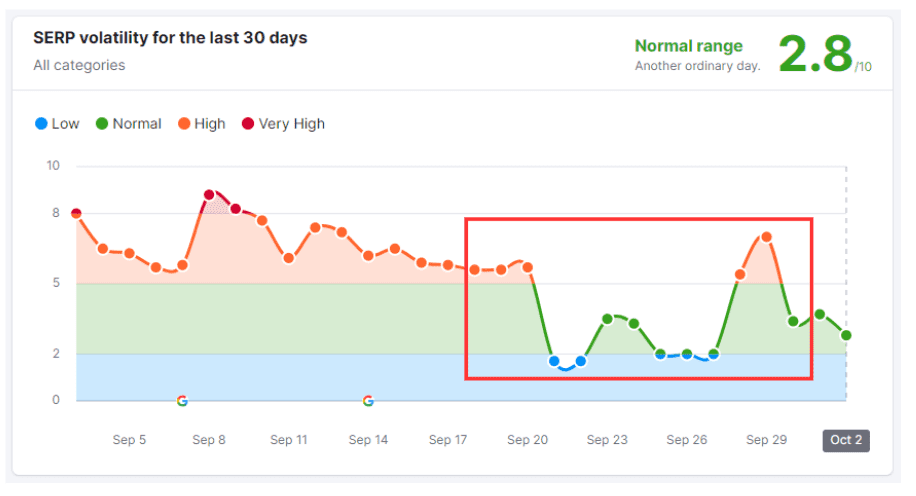
Reference page: Semrush
According to analysis by Tokyo SEO Maker, websites that experienced a ranking drop in the August core update tend to fall further in the September Helpful Content Update. Here are the specific characteristics.
Content Focus
Previously, authoritative websites like universities, government institutions, and large corporations were favored in rankings. However, the weight given to these has decreased with the August Core Update and the September Helpful Content Update. Instead, websites with strong content and high user engagement are now ranking higher.
Emphasis on Search Intent
Pages focused solely on SEO tactics, ignoring user search intent, are dropping in rankings. For example, pages focusing only on word count or unfocused content are trending downward. Conversely, pages that prioritize search intent, addressing users’ queries concisely, are ranking higher.
Link Appropriateness
Links not user-first, but rather based on the company’s convenience, are causing a drop in rankings. For example, repeatedly linking to the same sales page within one page can be problematic.
Real Experience and Originality
Pages that only reorganize information already published on other websites are declining in rankings. Conversely, pages based on actual experiences are ranking higher. The update has advanced in accurately detecting the presence of real experiences.
Impact of Low-Quality Pages
The classifier system for judging content value has been updated. Now, the presence of low-quality pages can lower the overall site rating. Pages with extremely low word count or minimal traffic fall into this category. Be aware that a certain number of low-quality pages can affect the entire site.
Responding to a Drop in Ratings After the Helpful Content System Update
If your site’s rating drops due to the Helpful Content Update, appropriate measures can restore its rating. The following are specific strategies for when ratings drop.
Remove Unnecessary Pages
Delete useless pages or ones that don’t serve anyone, or update articles. As mentioned in “Google’s Helpful Content System and Websites,” having a significant amount of unhelpful content can lower the ranking of other content on the same site. Removing such content can improve the ranking of other pages.
Reference page: How the Helpful Content System Works – Google Search Central
Create User-First Content
Pages solely focused on search engine optimization are not effective in the long run and can even be counterproductive. Google’s algorithm continues to evolve to favor content valuable and useful to users.
For example, methods like keyword stuffing or reorganizing content already covered by other websites are not valued. Rework content to solve problems based on unique insights from your company.
Reference page: Avoid Content Creation Focused Primarily on Search Engines – Google Search Central
Narrow Down Topics
Avoid creating content on topics unrelated to your website, aiming just to appear in search results. Search engines struggle to recognize sites with scattered themes as valuable information sources, leading to a perception of lack of expertise.
For instance, a site specialized in “health and beauty” should not publish articles about ChatGPT simply because it’s trending and searched. This makes the site’s focus unclear, potentially leading to lower rankings. Maintain consistency and expertise on your site by focusing on central themes and avoiding irrelevant topics.
Pursue Originality
Search engines highly value original, beneficial content. Content that merely summarizes or organizes information from other websites is rated lower. Even when covering the same themes as other sites, add unique insights and information.
Creating a Website Aligned with the Helpful Content System
Future updates to the Helpful Content System are expected to continue. If you seek long-term success, strive to build a site that aligns with the objectives of the Helpful Content System. Specifically, please focus on the following five items.
Reference page: What creators need to know about Google’s Helpful Content update in August 2022
Enhance Expertise
It’s crucial for a website to have a clear purpose or theme. By increasing content that aligns with this purpose or theme, you can demonstrate your company’s expertise and authority. Additionally, such websites enable users to quickly find the information they are seeking. Websites that adopt this user-first approach are highly valued by search engines.
Consider Search Intent
Identify a specific user group and tailor your content to meet their needs. Content that satisfies search intent aligns with the objectives of the Helpful Content System.
For instance, consider a website specializing in baby care. If parents search for “how to soothe a crying baby at night,” providing credible and unique perspectives on this topic can lead to high rankings, as it matches the search intent.
Solve User Problems
If users feel that they are not getting enough information from your page, they may search again on Google and visit other pages. This behavior, known as “re-searching,” indicates that your website is not adequately addressing users’ questions and needs. Therefore, it’s essential to provide sufficient information on your web pages so that users are satisfied without needing to search again.
For example, if someone searches for “how to extend the battery life of a smartphone,” and your page comprehensively covers all relevant topics (such as types of batteries, usage environments, setting changes), the user will be satisfied and won’t need to look for other sources. Aim to create content that resolves all user queries with a single search.
Content Based on Experience
Your website’s content should be based on experience or in-depth knowledge. Such information is more valuable to users than generic content and has a higher potential to solve their problems.
For instance, if a user searches for “preparing for a trip to America,” an article written by someone who has actually visited the United States is more beneficial than one based merely on information gathered from the internet. This is because it can offer insights into local customs and culture, as well as unique perspectives and advice. The Helpful Content System values articles based on real experiences highly. Therefore, aim to create content grounded in actual experiences.
Create a Valuable Experience
When users visit your website, ensure that they spend their time valuably. To make the experience beneficial, it’s crucial not only to provide content that matches the users’ search intent but also to present information in an easily understandable format.
For example, for users searching for “healthy breakfast recipes,” you should provide well-balanced recipes that are concise and specific. Additionally, discussing the benefits and nutritional aspects of these recipes can be helpful. If you also publish videos demonstrating how to use these recipes in cooking, users can gain a deeper understanding of the content.
Helpful Content System Questions
Here we address some common questions about the Helpful Content System and provide explanations.
Q: Is the site evaluated as a whole?
A: The Helpful Content System evaluates websites as a whole. This means if there are low-quality pages on the site, the entire website’s rating can decrease.
Q: How to prioritize user-first content?
A: User-first means creating content that fulfills users’ search intentions and is presented in an easily understandable manner. Key points include:
- Fulfilling Search Intentions: Users always have intentions when they search. For example, someone searching for “how to train a dog” is looking for specific training methods and tips. Therefore, it’s essential to provide content that fulfills these intentions.
- Using Understandable Language and Expressions: Even if content fulfills search intentions, using too much jargon can lead to user disengagement. Use words and expressions that are easy for most people to understand, and avoid specialized language or industry terms. Assume that people visiting your web page may not have extensive knowledge about the search keywords.
- User-Friendly Design: Even if the content fulfills search intentions and is written in clear language, poor design can affect user-first effectiveness. Ensure that your website design allows visitors to easily access the information they seek.Key elements include a clear menu, readable font size, and intuitive buttons. Additionally, the use of color and layout is crucial in effectively conveying information.
Q: What constitutes excessive search engine optimization?
A: Excessive search engine optimization refers to web pages being overly optimized solely for achieving high rankings in search engines. This includes excessive repetition of keywords, unnatural placement of links, and creation of many thin content pages. Such techniques are often low in value for actual users, leading to decreased ratings.
Summary
This article detailed the September 2023 update of the Helpful Content System, focusing on the latest updates, basic concepts, and responses to lower ratings. The Helpful Content System is a Google search algorithm update that highly values content beneficial to users. Keep focusing on creating user-first content.



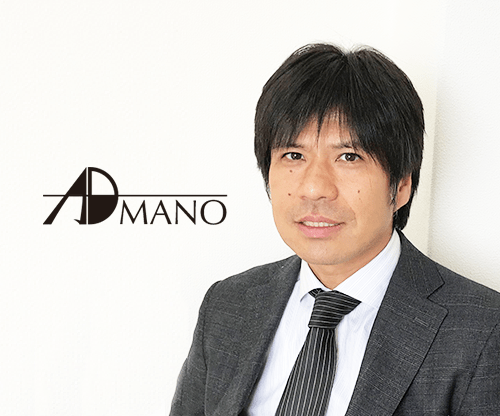
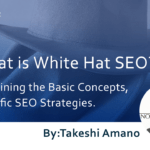


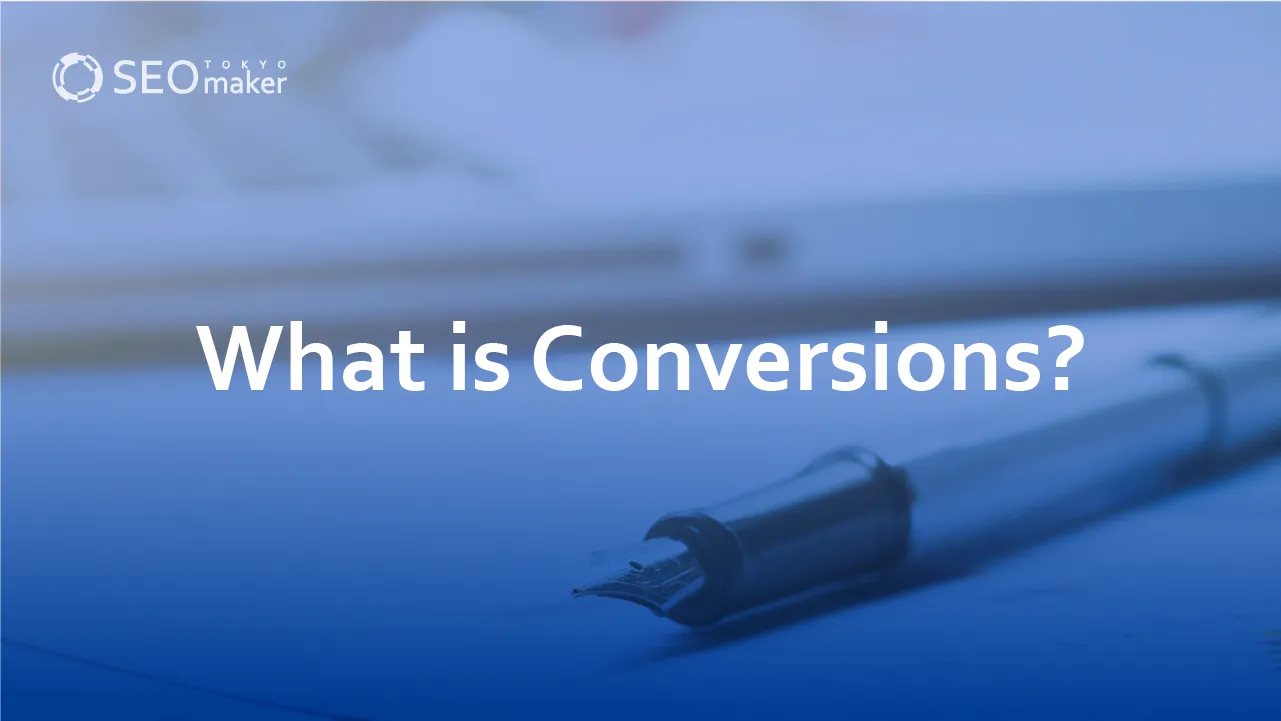
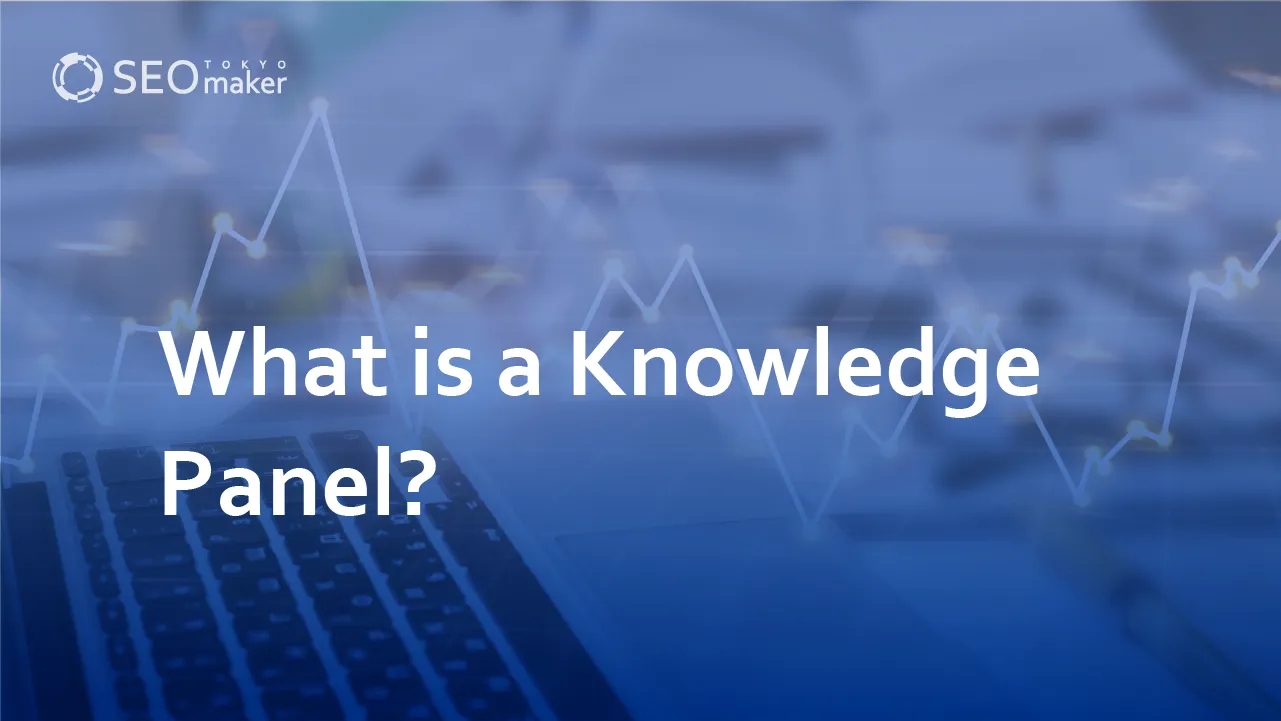
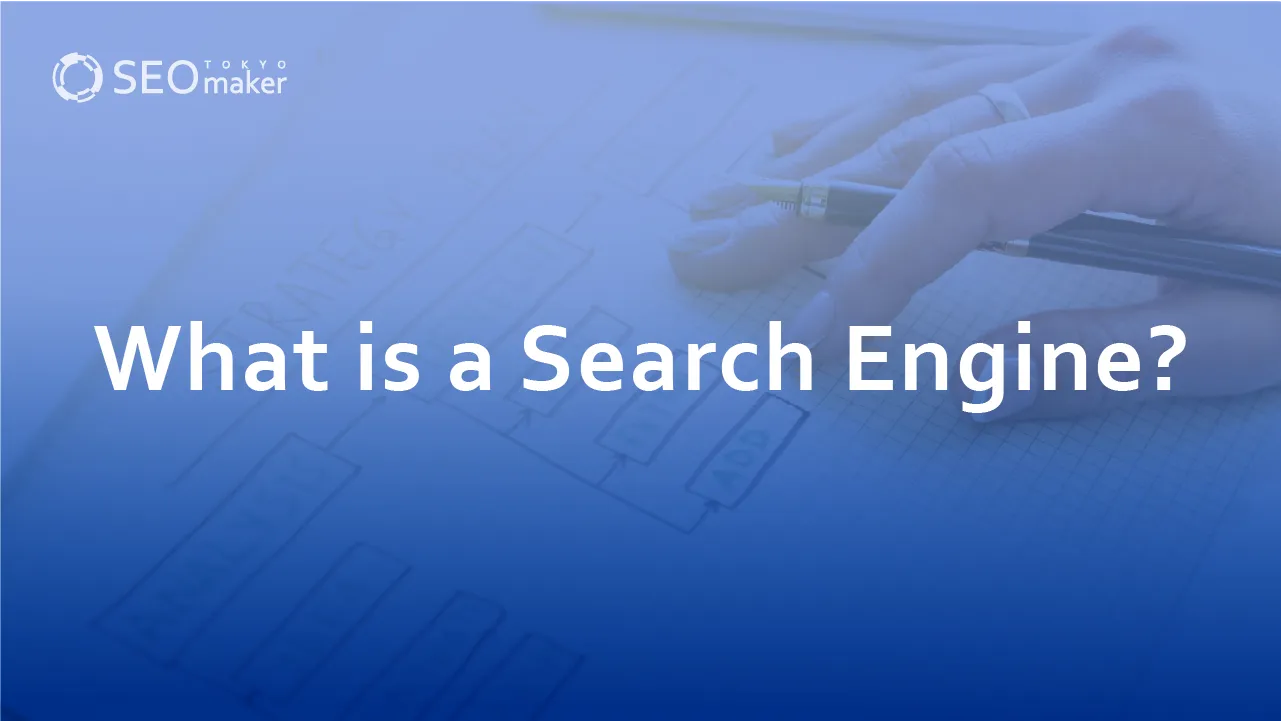
![What is a Description? Explaining the Meaning, Writing Style, and Changing Word Count – [2023 Edition]](https://www.switchitmaker2.com/en/wp-content/uploads/2024/09/what-is-description.webp)
